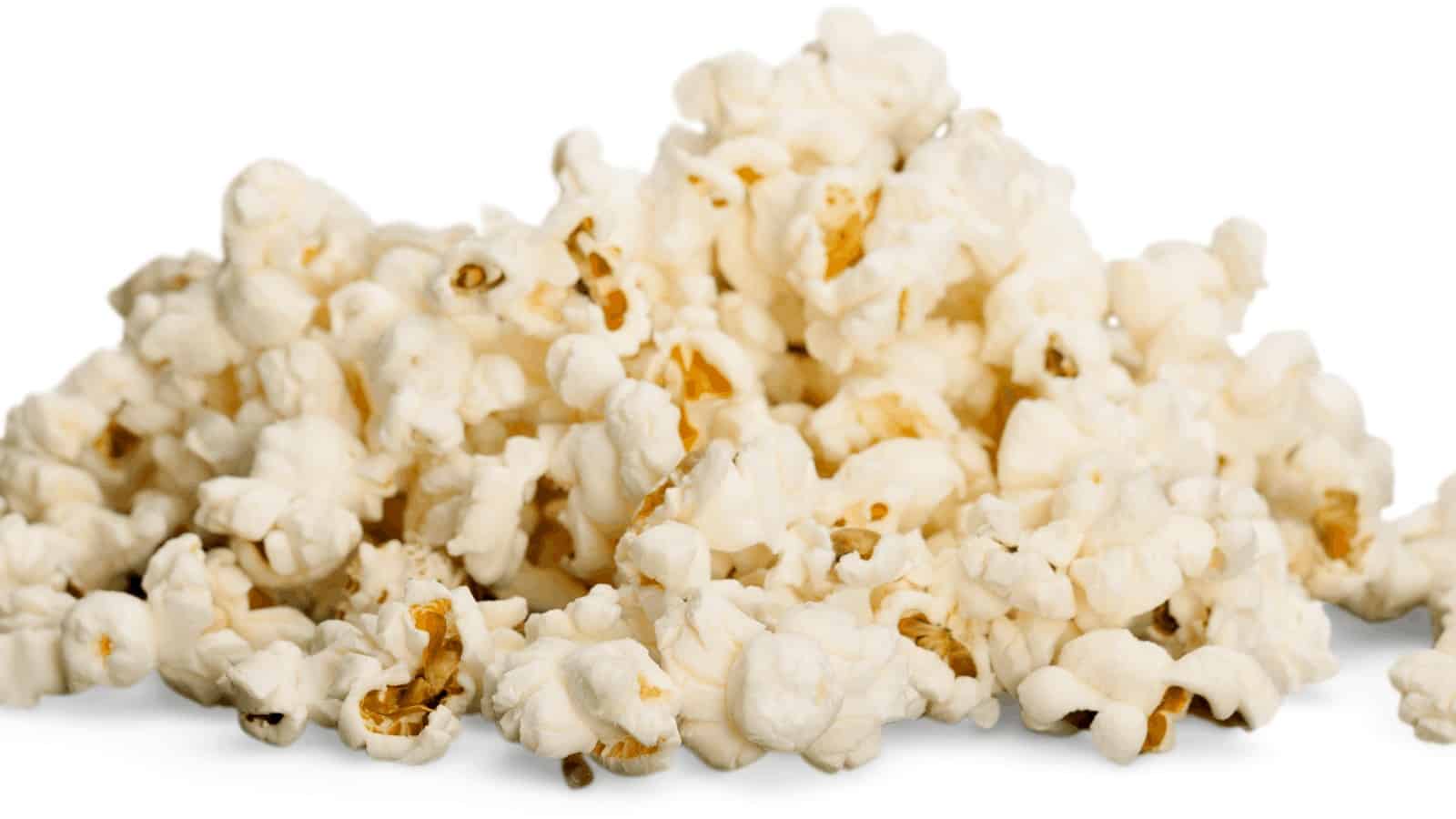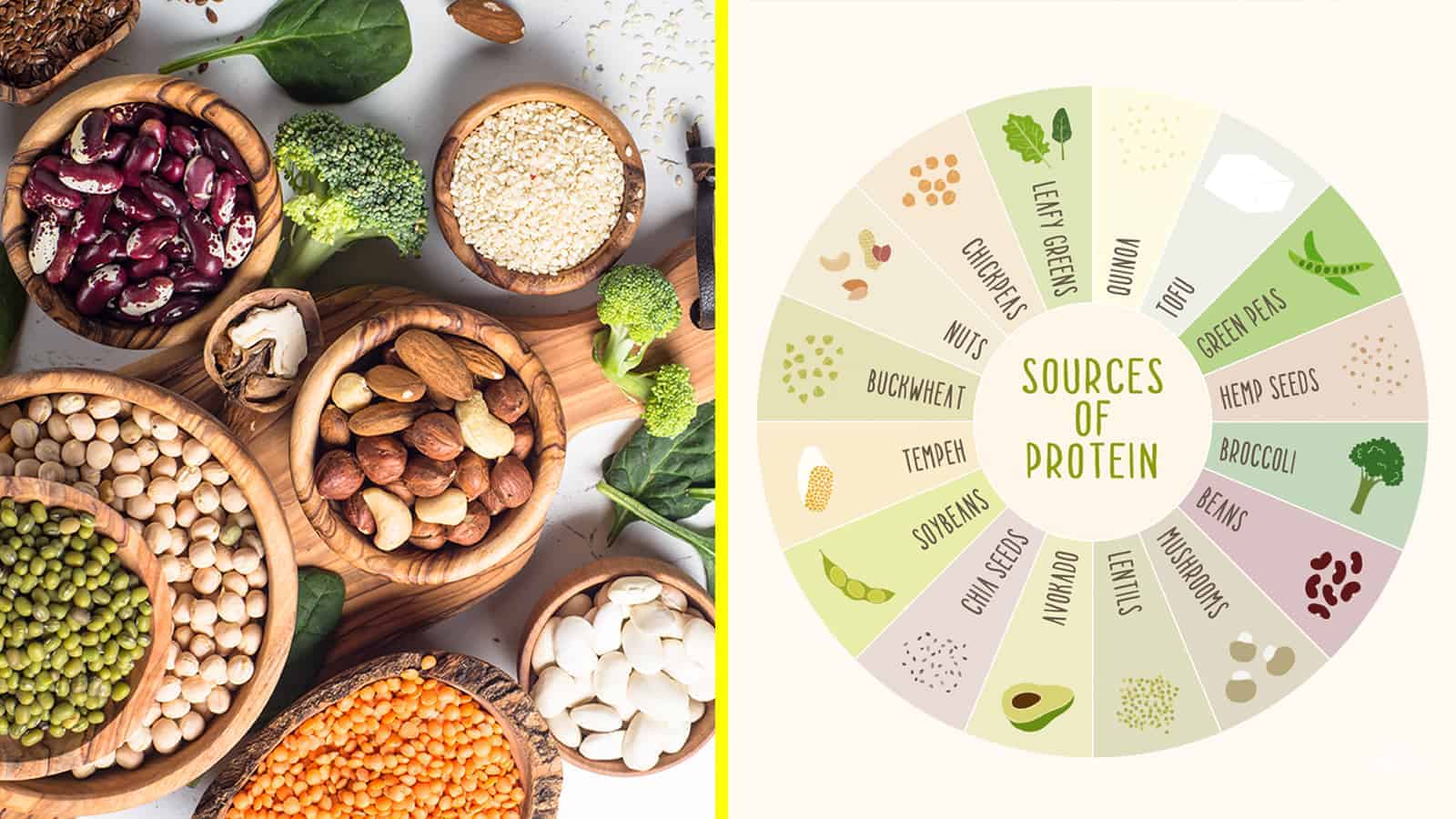A lot of people say that you should never eat at night. You’ve probably heard all sorts of cautionary tales about weight gain risk, worsened sleep quality, and general “bad” factors that accompany nighttime snacking. In fact, whenever you have caved to late-night snacks, you’ve likely felt guilty about doing so. But what if that information wasn’t entirely correct?
Indeed, eating too close to bedtime is often bad for you. It can make the food harder to digest so that you might lose some weight loss progress. It can wake the body up more, forcing you to stay awake longer or making you wake up in the middle of the night. And it certainly seems just a little naughty.
But the trick to late-night snacks is simple: choose the right foods, and all these problems are no longer present! Yes, believe it or not, certain foods make the perfect night bites to keep your hunger at bay without sabotaging your waistline or your attempts to sleep. Here’s how nutritionists reveal 9 healthy late-night snacks you can savor without guilt.
1. Peanut Butter
Peanut butter is an amazing option for a late-night snack. The National Sleep Foundation recommends foods with tryptophan, which is a kind of protein that increases feelings of drowsiness and relaxation, as last-minute nighttime meals. Peanut butter has a lot of that amino acid, which has been proven in research to help induce sleep.
Peanut butter also has healthy fats, which means it can keep you full for a good while, says Registered Dietitian Nutritionist Amy Gorin. Of course, you’re probably not going to feel full from eating a tablespoon of peanut butter on its own. The trick is to combine it with positive foods! Here are some ideas for late-night snacks with peanut butter:
· Apples and Peanut Butter
Cut up an apple and flavor it with just a tablespoon of peanut butter for a tasty, guilt-free bite.
· Bananas and Peanut Butter
Slather sliced bananas with peanut butter for a quick and easy snack, or mash them up together into a simple “ice cream” treat if you have more time.
· Peanut Butter and Jelly Sandwiches
Use wholemeal bread to make this simple comfort food, and you’ll be full all night.
2. Cottage Cheese
Cottage cheese might seem boring, but it tastes great, is famous for facilitating weight balance, and is versatile. Most importantly, it contains casein, a slow-digesting lean protein that can boost positive thinking through feel-good hormones like serotonin. Supposedly, it also can help you to continue facilitating weight loss in sleep!
Registered Dietitian Nutritionist and Academy of Nutrition and Dietetics spokesperson Jessica Crandall recommends eating cottage cheese with peach to get some vitamin C in! You can also eat it with any fruit, and those with melatonin – like raspberries – are especially beneficial.
3. Nuts
Nuts are quick to grab a handful of to eat at night quickly, and they’re super good for you. “Get Off Your Acid” author and nutritionist Dr. Daryl Gioffre praises nuts as nighttime snack options because they’re powerhouses of nutrition, packed with all sorts of components that:
- Increase satiety
- Reduce inflammation
- Aid weight loss
- Balance blood glucose
- Reduce the risk of cardiovascular disease
But what nuts should you go for? Your most positive options are those which contain melatonin, which is the sleep hormone. Pistachios, almonds, and macadamias all fit the bill for melatonin-packed nuts with great healthy fats for hunger satiety.
4. Edamame
Edamame beans are famously low in calories and easy to prepare. They’re essentially green soybeans that are unripe, and if you’ve never had them before – well, you’re missing out! They’re packed with protein and low in calories, making them ideal for a late-night snack, says author and dietitian Joy Bauer.
Tryptophan is one of the proteins in edamame, so it facilitates sleep and is good for you all at once. They also contain something called soy isoflavones, unique to soybeans, that has been revealed to boost sleep duration potentially, research says.
Here are some great ways to eat edamame:
- Steam the edamame with salt to taste and eat right away; you can also add cumin, red pepper, or chili powder.
- Mix salt (or the other aforementioned spices) with shelled, frozen edamame and eat without cooking
- Add edamame to your favorite hummus recipe instead of garbanzo beans and spread it on some toast.
- Purchase dry-roasted edamame and eat it as-is or pair it with dried fruit
5. Popcorn
Air-popped popcorn, made with no oil, is an amazing light snack that fulfills cravings, makes you feel full, and is pretty fun to eat. The whole grain factor makes it even more filling. Plus, it’s low in calories and full of fiber, says Registered Dietitian Nutritionist Lona Sandon, Ph.D., who is also the University of Texas Southwestern Medical Center’s assistant professor of clinical nutrition. Just note:
- Eat three cups, so you’re full; it’s only 100 calories!
- Do not use standard microwave popcorn.
- Avoid the use of butter or oil.
- Use nutritional yeast for flavor if needed.
- Use parmesan cheese to dress the popcorn if you really need the flavor; just one or two tablespoons will do
But why is air-popped popcorn not just a good option, but a great one? Well, studies prove that it’s packed with polyphenols, which are plant compounds found in lower amounts on vegetables and fruits. Polyphenols are antioxidants that fight inflammation and are among the main benefits of veggies and fruit, meaning popcorn has better polyphenol content than something you already know is healthy!
6. A Mug Of Tea
If you do not feel that hungry, just a mug of tea can help fill you up enough. Not only are they low in calories, good for the metabolism, and packed with all sorts of great benefits, but most teas have ways that they facilitate sleep. This is according to medicine, endocrinology, and metabolism associate professor Ania M. Jastreboff, MD, Ph.D., who is also the Director of Weight Management and Obesity Prevention and Yale University School of Medicine.
Here are some great tea options to choose from:
· Passionflower Tea
This tea is packed with flavonoid antioxidants, which are great for immunity and inflammation reduction. More importantly, though, they have apigenin, an antioxidant that can relieve stress, facilitate positive thinking, and reduce the worst of anxiety. This can help you relax at night!
· Chamomile Tea
Few haven’t heard of the amazing relaxing effects of chamomile tea. They’re great for fighting disease and improving immunity, and they also have lots of antioxidants. This list includes the aforementioned apigenin. Research has found that those who consume chamomile extract fall asleep a quarter of an hour more quickly than others, and they also wake up less during the night.
· Caffeine-Free Flavored Herbal Teas
If you are trying to sate a craving, you can opt for herbal teas that have flavors and no caffeine. Peppermint., honey-vanilla, hazelnut, and cinnamon spice are great, sweet options that you can enjoy guilt-free!
7. Hummus
Hummus is packed with the components tahini and lysine, which work together to form a complete, filling protein. Chickpeas are the key factor in making this dip such a good option. They’re packed with tryptophan, which helps your body create melatonin for sleep, says research.
Hummus is versatile and can be consumed in countless ways. According to Registered Dietitian Eshani Ewing, hummus can help maintain blood glucose levels, so you feel full and rest well over the night. Try eating them with unsalted pretzels, wholegrain crackers, or veggies to add to their filling value.
8. Kiwi
Kiwis are great for late-night snacks for multiple different reasons. Registered Dietitian Brianna Elliott states that they are highly nutritious and deficient in calories, with tons of vitamins that make up many daily requirements for each. Here are some ways kiwi can help you sleep better:
· Quicker Sleep
In a study, participants with sleep issues spend 4 weeks eating two kiwifruits 60 minutes before going to bed. They enjoyed the ability to fall asleep 42% faster as a result.
· More Sleep
The same study revealed that a total of a 13% increase in sleep time could be gained from eating two kiwifruits just 60 minutes before bed.
· Less Nighttime Waking
Once again, the same aforementioned study found that you are 5% less likely to wake up during the night if you consume two kiwi fruits 60 minutes before bed.
· Higher Serotonin
Kiwis contain a decent amount of serotonin, a feel-good hormone that aids in sleep cycle regulation, feelings of relaxation, and positive thinking.
· Anti-Inflammatories
Kiwis are full of nutrients that fight inflammation, which may help the body fall asleep more quickly and enjoy more positive rest.
9. Yogurt
Feeling some dessert cravings? Opt for yogurt! Plain Greek yogurt is low in sugar, high in filling protein, and a great way to get a bit of a sweet treat without the guilt. They can also help you go to sleep, says Registered Dietitian Marsha McCulloch, MS. Here are some great things about yogurt that make it so good as a late-night snack:
· It Helps You Fall Asleep
The calcium in yogurt can help your body better absorb sleep-facilitating components like melatonin and tryptophan, allowing you to enjoy more positive sleep.
· It Helps You Sleep Longer
Once again, thanks to that calcium in yogurt, studies say you can stay asleep for longer without disturbances at night if you indulge in a single serving of yogurt as a before-bed snack.
· It Keeps You Full, Even Till The Morning After
Yogurt is rich in casein, a kind of protein that helps satiety. Research indicates its effects may help you control your hunger when you wake up the following day, too.
Final Thoughts On Some Healthy Late-Night Snacks You Can Savor Without Guilt
If your body is telling you that it’s hungry, it’s doing so for a reason. Ignoring that hunger and just trying to go to sleep anyway could worsen your sleep quality, cause insomnia, or make you wake up often in the middle of the night. It may also make you overeat at breakfast the next day.
In general, it’s safe to eat at any time of the day as long as you’re making mindful choices with the food you’re eating. Opt for foods that help facilitate sleep, are low in calories, and are packed nice and filling, and your sneaky late-night snacks will become guilt-free ones!



















